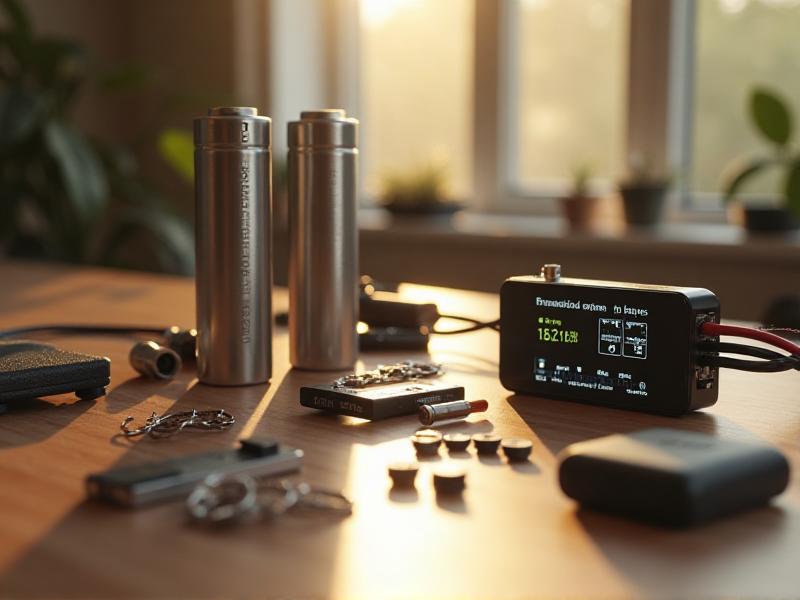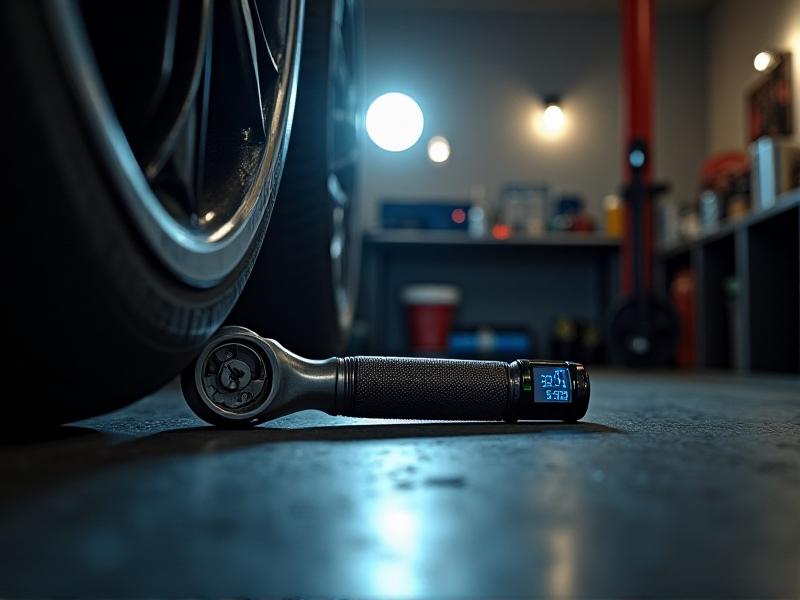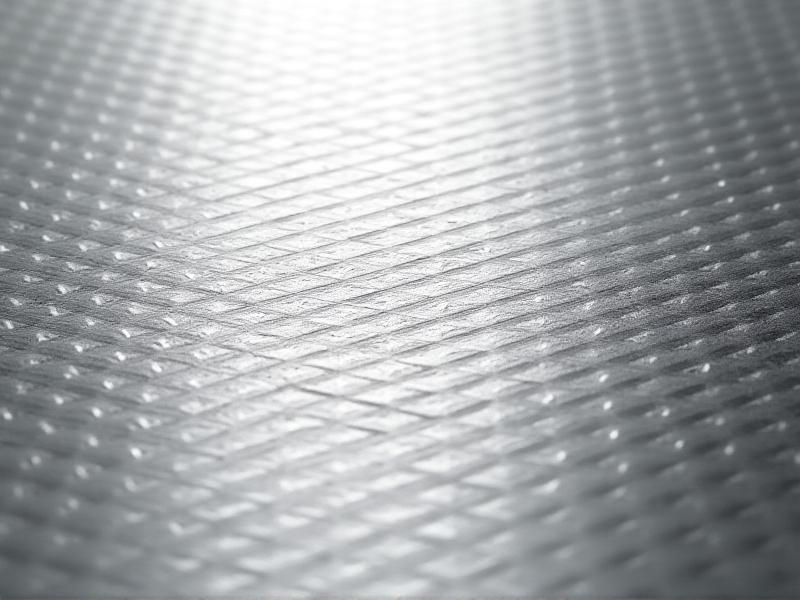Hurricane-Proof Scooter Anchoring Systems
Introduction to Hurricane-Proof Scooter Anchoring Systems
Protecting personal property has never been more vital as hurricanes grow more frequent and severe because of climate change. For scooter owners, this means finding reliable ways to secure their vehicles during extreme weather. Hurricane-proof scooter anchoring systems are designed to withstand high winds, heavy rain, and flying debris, ensuring your scooter remains safe and intact. From their design and function to installation advice and practical uses, this paper investigates the several facets of these systems.
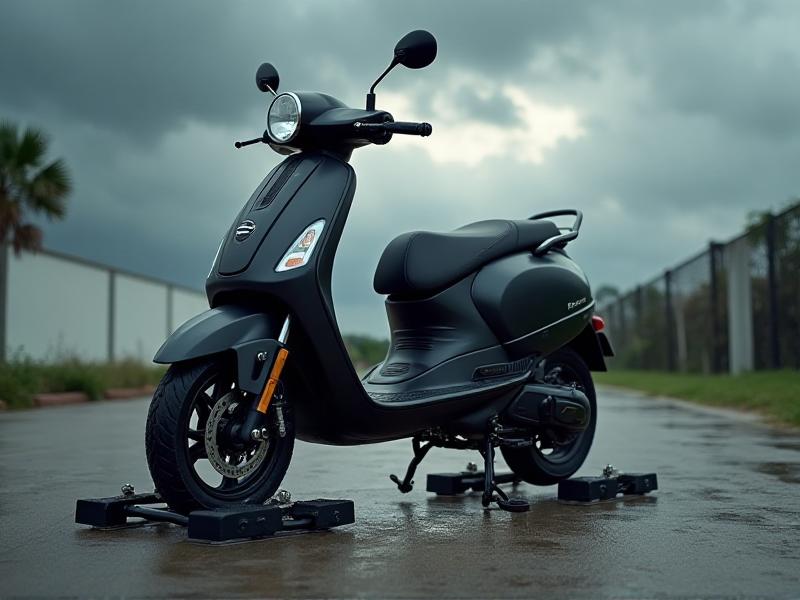
The Science Behind Hurricane-Proof Anchoring Systems
Hurricane-proof scooter anchoring systems are engineered to counteract the forces exerted by high winds and flying debris. These systems typically use materials like reinforced steel or aluminum, which are both strong and resistant to corrosion. The anchoring mechanism often involves ground anchors that penetrate deep into the soil or concrete, providing a stable foundation. Additionally, straps or clamps made from durable, weather-resistant materials secure the scooter to the anchor. The design must account for wind speeds of up to 150 mph, ensuring the scooter remains stationary even in the most severe conditions.
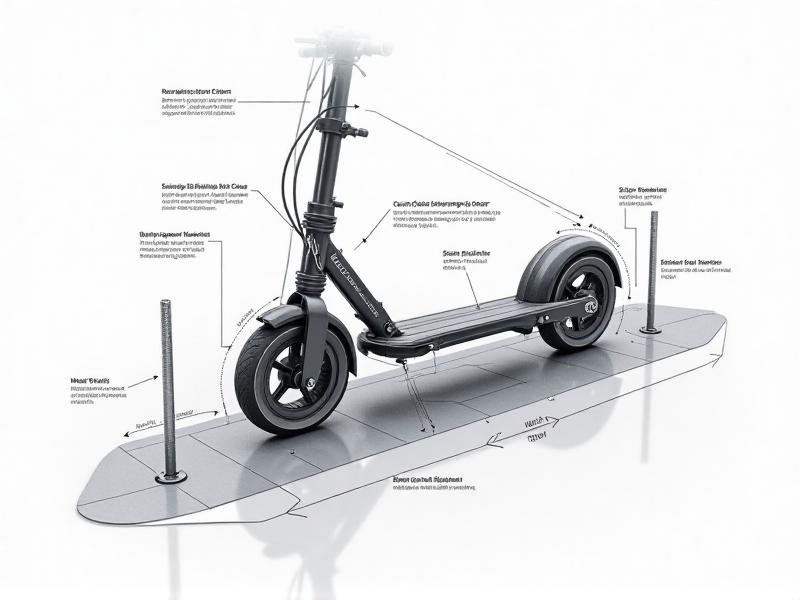
Key Features of Effective Anchoring Systems
When selecting a hurricane-proof scooter anchoring system, several features are essential. First, the system has to be simple to set up so consumers can fasten their scooters under a storm approaching. Second, it should be versatile, compatible with various scooter models and sizes. Third, durability is crucial; the materials should withstand prolonged exposure to harsh weather conditions. Finally, portability can be a significant advantage, enabling users to relocate the system if needed. These features ensure that the anchoring system is not only effective but also convenient for everyday use.
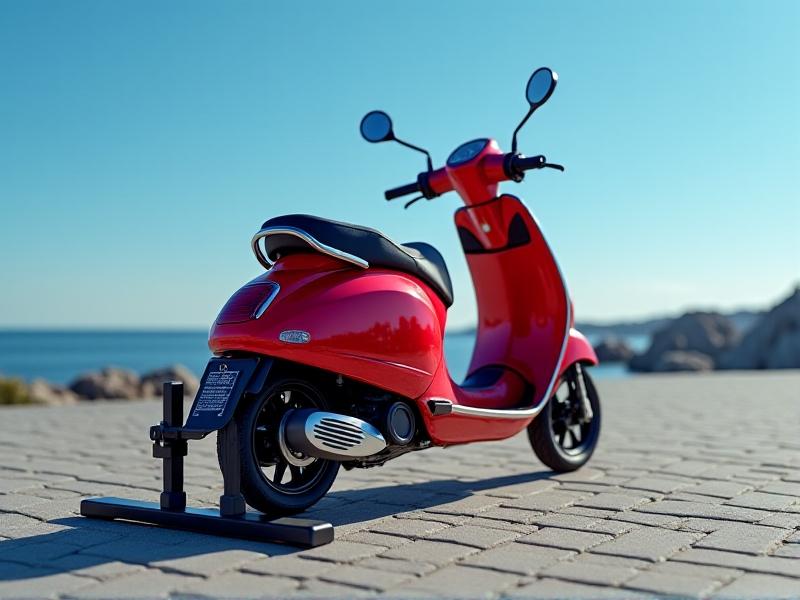
Installation Tips for Maximum Security
Proper installation is critical to the effectiveness of a hurricane-proof scooter anchoring system. Begin by choosing a location that is both stable and elevated to avoid flooding. Use a power drill to create holes for ground anchors if installing on concrete, or a mallet for soil surfaces. Ensure the anchors are driven deep enough to provide a firm hold. Attach the straps or clamps securely to the scooter’s frame, avoiding areas that could be damaged by tension. Finally, double-check all connections to ensure they are tight and free from defects. Following these steps will maximize the system’s ability to protect your scooter during a hurricane.
Real-World Applications and Success Stories
Many actual world situations have shown the value of hurricane-proof scooter anchoring methods. For example, some scooter owners in Florida said their cars stayed unhurt because of these technologies during Hurricane Ian in 2022. One user shared how their anchoring system withstood winds of over 120 mph, keeping their scooter firmly in place despite the chaos around it. Such success stories highlight the importance of investing in a reliable anchoring system, especially for those living in hurricane-prone areas. These systems not only protect personal property but also provide peace of mind during turbulent times.
Comparing Top Hurricane-Proof Scooter Anchoring Systems
Several brands offer hurricane-proof scooter anchoring systems, each with its unique features and benefits. For example, the StormShield Pro is known for its heavy-duty steel construction and easy installation, while the AnchorMaster 3000 boasts unparalleled portability and versatility. The WindGuard Elite, on the other hand, emphasizes advanced strap technology that distributes tension evenly across the scooter’s frame. When comparing these systems, consider factors like price, compatibility, and ease of use to determine which one best meets your needs. Reading customer reviews and seeking expert recommendations can also help in making an informed decision.
Maintenance and Longevity of Anchoring Systems
To ensure your hurricane-proof scooter anchoring system remains effective over time, regular maintenance is essential. Inspect the system periodically for signs of wear, such as rust or frayed straps, and replace any damaged components immediately. Clean the anchors and clamps after exposure to saltwater or debris to prevent corrosion. Store the system in a dry, sheltered area when not in use to prolong its lifespan. By taking these precautions, you can ensure that your anchoring system continues to provide reliable protection for your scooter, year after year.
Future Innovations in Scooter Anchoring Technology
As technology advances, so too do the possibilities for hurricane-proof scooter anchoring systems. Future innovations may include smart anchors equipped with sensors that monitor weather conditions and automatically adjust tension levels. Lightweight, composite materials could replace traditional steel, offering the same strength with greater portability. Additionally, modular designs may allow users to customize their systems based on specific scooter models or environmental conditions. These developments offer improved protection for scooter owners in hurricane-prone locations by making scooter anchoring methods even more efficient and user-friendly.
Why Hurricane-Proof Scooter Anchoring Systems Are a Must-Have
In an era of increasingly unpredictable weather, hurricane-proof scooter anchoring systems are no longer a luxury but a necessity. They provide a reliable way to protect your scooter from the devastating effects of hurricanes, saving you from costly repairs or replacements. Beyond their practical benefits, these systems offer peace of mind, knowing that your vehicle is secure even in the face of extreme weather. Whether you live in a hurricane-prone area or simply want to be prepared for any eventuality, investing in a high-quality anchoring system is a decision you won’t regret.
